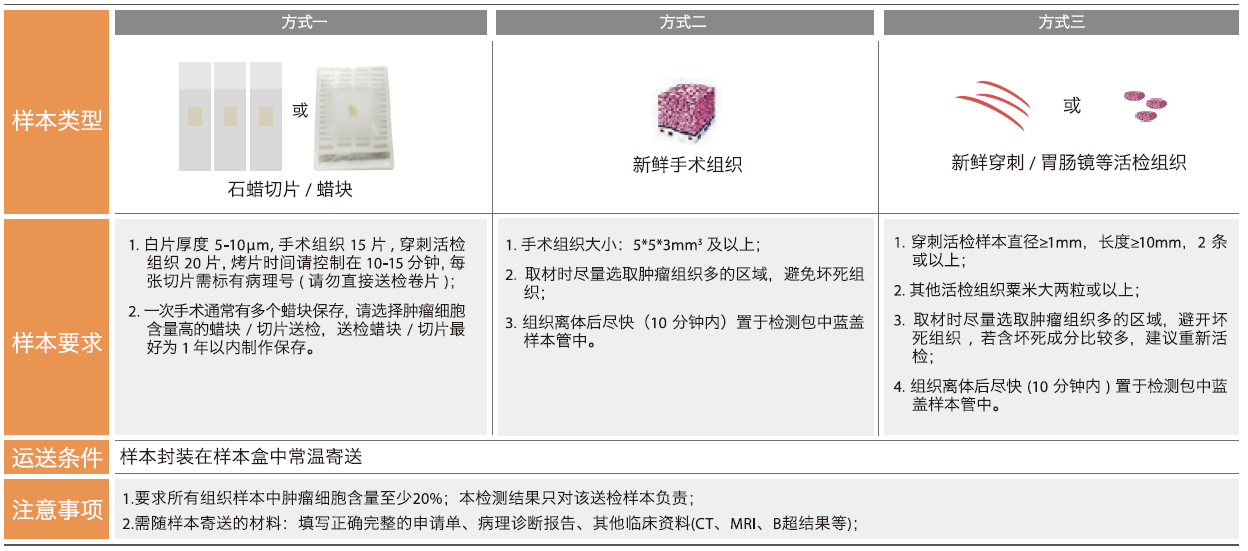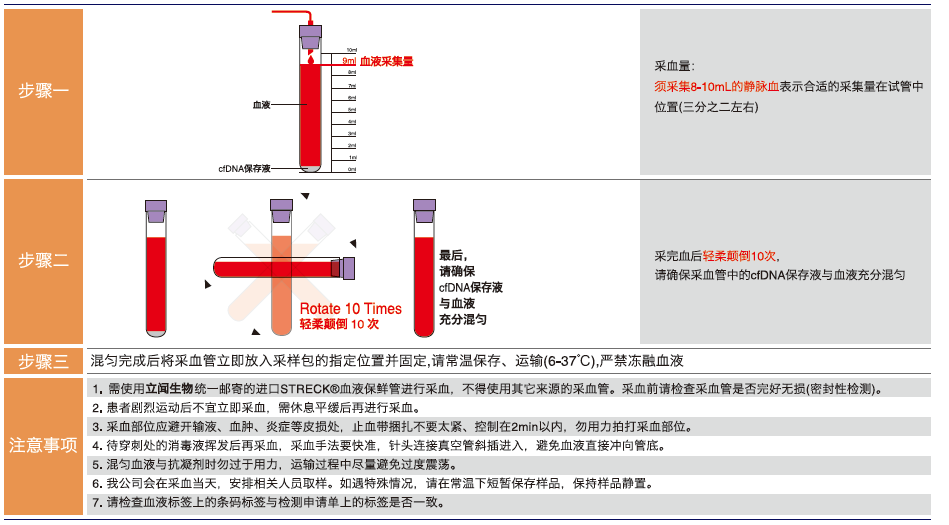Products
Pan-tumor gene detection
Malignant tumors are the most common genetic diseases, and most tumors originate from abnormalities in deoxyribonucleic acid (DNA) sequences. The mutation of these genes will make the growth of the cell body lose its regulatory function, thereby proliferating wildly, invading normal tissues, and eventually leading to the occurrence of cancer.
Targeted therapy refers to a method of targeted killing of tumor cells by targeting inhibitors that carry specific driver gene mutations, with significant curative effects. However, due to the heterogeneity of tumors, different patients have huge differences in the gene mutations carried in their bodies. With the continuous development of molecular biology and bioinformatics technology, tumor targeted therapy has been promoted into individualized and precise treatment. era. The use of NGS next-generation sequencing technology can accurately detect the gene mutation status of patients, provide doctors with valuable clinical guidance, choose more suitable drugs for patients, and help clinics formulate accurate treatment plans for the benefit of patients!
OncoCruise Pan-Tumor Gene Detection
Technical advantages
Advanced next-generation sequencing technology is used to fully cover the point mutations, amplifications, fusions, rearrangements, insertions, deletions and other variants of various solid tumor drug target genes recommended by NCCN, providing sound and reliable advice.
Clinical Significance
OncoCruise 188 Genes Pan-Tumor Gene Detection
1. Comprehensively cover the genes related to each tumor drug target recommended by NCCN, and provide the preferred targeted drug guidance. For example, the panel covers BRCA1/2, DDR related genes, and provides clinical medication guidance for PARP inhibitors, etc.;
2. The test results include MSI, which guides the clinical application of immune checkpoint inhibitors and the use of 5-FU chemotherapy;
3. Detect germline mutations of tumor genetic susceptibility genes to assist in the detection of hereditary tumor genes;
4. Detection including chemotherapy drug genes, prompting and analysis of chemotherapy drugs
OncoCruise 550 Genes/1238 Genes Pan-Tumor Gene Detection
1. Comprehensively cover the genes related to each tumor drug target recommended by NCCN, and provide comprehensive targeted drug guidance, such as panel covering BRCA1/2, DDR-related genes, and providing clinical medication guidance for PARP inhibitors, etc.;
2. The test results include TMB, guide immunotherapy, and provide efficacy prediction and prognosis information;
3. The test results include MSI, which guides the clinical application of immune checkpoint inhibitors and the use of 5-FU chemotherapy;
4. Detect germline mutations of tumor genetic susceptibility genes, assist in the detection of hereditary tumor genes;
5. Detection including chemotherapy drug genes, prompting and analysis of chemotherapy drugs
Beneficial population
1. Patients undergoing targeted therapy for the first time
2. Patients with negative conventional molecular pathology
3. Early stage patients after failure of multi-line therapy
Sampling Guidelines
Tissue sample

Blood sample







